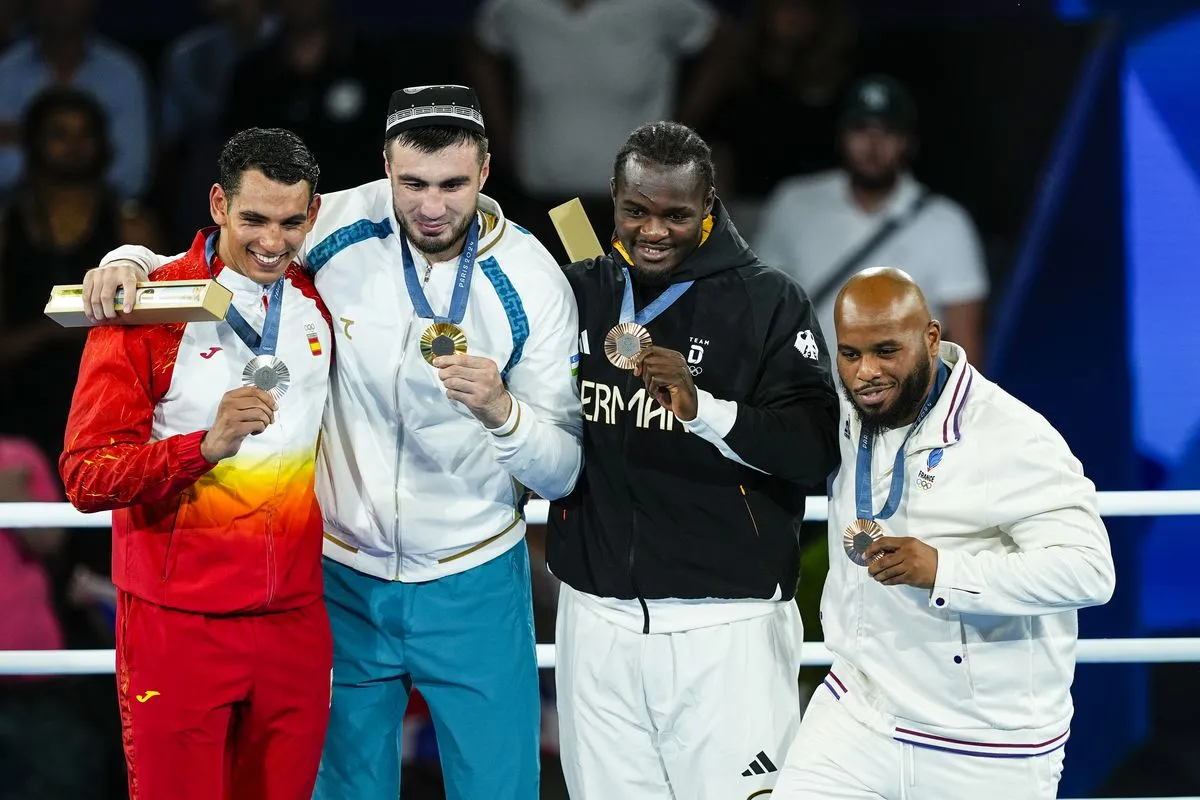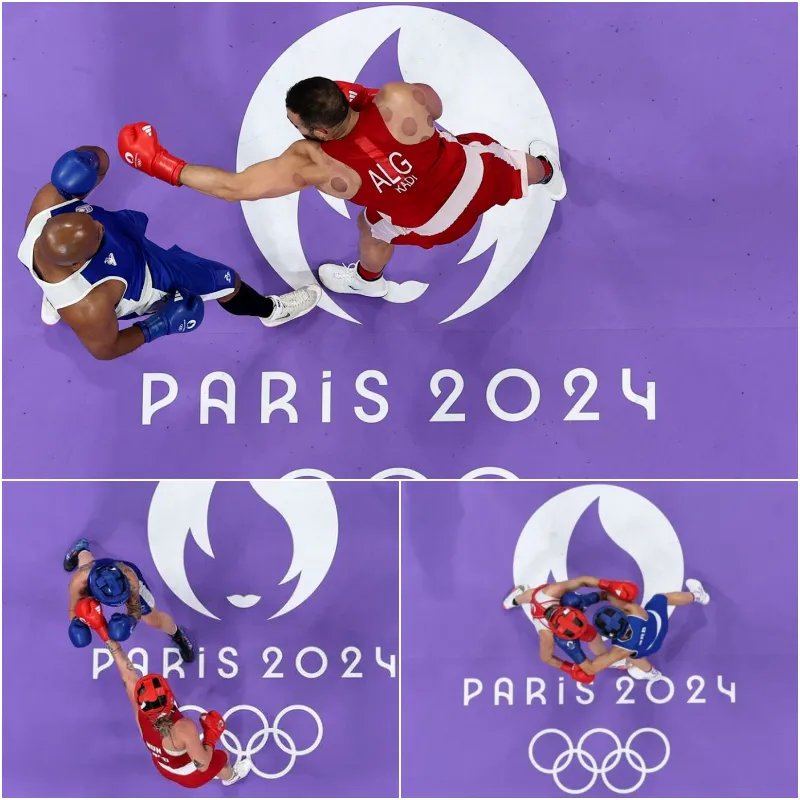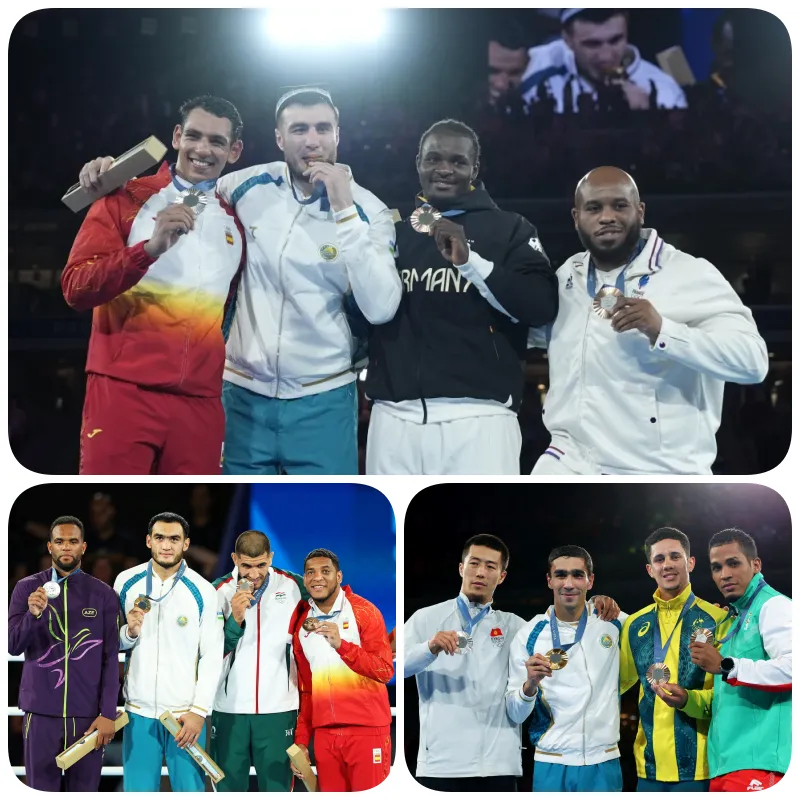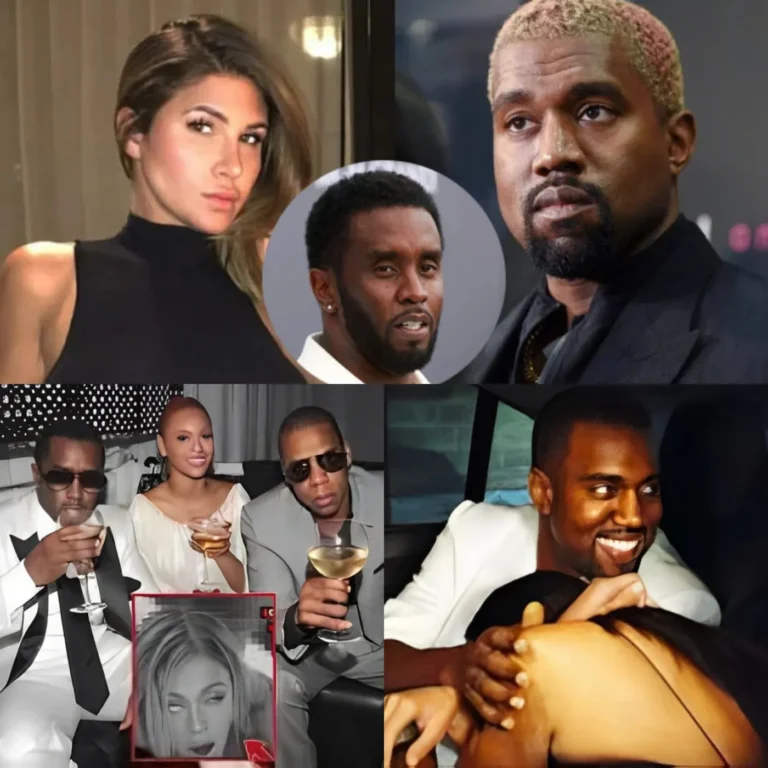
World Boxing Set for Major Membership Expansion After Paris Olympics in Bid to Save Olympic Boxing
In a bold move to secure boxing’s future in the Olympics, World Boxing, a new governing body, is preparing for a significant increase in its membership. According to World Boxing President Boris Van Der Vorst, the organization expects to welcome over 50 national federations shortly after the conclusion of the Paris Olympics. This expansion is crucial as the organization aims to unify the sport under an alternative to the Russian-dominated International Boxing Association (IBA), which has been excluded from the Olympic movement.

Major Membership Boost Expected Post-Paris Olympics
World Boxing currently boasts 37 national federations, including many top Western nations. Van Der Vorst, who has been actively engaging with boxing leaders during the Paris Games, expressed his confidence in the organization’s potential to bring about “the greatest comeback story ever in the Olympic movement.” This growth is seen as a critical step in saving Olympic boxing, especially with the sport’s future in the 2028 Los Angeles Olympics hanging in the balance.
Urgency to Unify the Sport
The International Olympic Committee (IOC) has made it clear that boxing needs a new governing body by early 2025 to secure its place in the 2028 Games. World Boxing is the only viable alternative to the IBA, and Van Der Vorst is determined to bring as many national federations as possible under its umbrella. He emphasized that the primary reason to join World Boxing is to save the sport, uniting all federations under one global body.
Challenges from the IBA and Leadership Issues
The IBA, despite being banned from the Olympics, has caused a stir during the Paris Games with its controversial claims against boxers Imane Khelif and Lin Yu-ting. Both athletes faced significant scrutiny but went on to win gold medals, demonstrating their resilience against the IBA’s baseless allegations.
Van Der Vorst, who ran for the IBA presidency in 2022 but was barred from the election, refrains from celebrating the IBA’s challenges. Instead, he remains focused on World Boxing’s mission to keep the sport central to the Olympic movement, ensuring that the interests of boxers and national federations are prioritized.

World Boxing’s Plans and the Path Forward
Looking ahead, World Boxing is organizing three major tournaments, along with several smaller events, to demonstrate its capability as the sport’s leading authority. The organization is actively adding staff and developing a long-term strategy to gain the IOC’s approval for the next Olympic cycle.
While World Boxing has gained traction on six continents, it still faces challenges in convincing some federations to leave the IBA, particularly those financially reliant on the banned body. However, Van Der Vorst is confident that World Boxing will overcome these obstacles and secure its position as the sport’s global governing body.
Final Thoughts
As the clock ticks down to the IOC’s decision, World Boxing remains committed to uniting the sport and securing its future in the Olympic Games. With continued growth and strategic planning, Van Der Vorst believes that World Boxing’s efforts will pay off, ensuring that boxing remains a core part of the Olympic movement.






